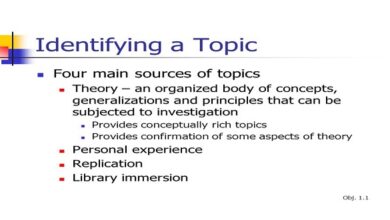Are customers finding you? Still the online marketer’s Holy Grail

Search: still a fledgling industry
Can you remember an internet before search – before Yahoo!, Bing (the search engine formerly known as MSN Search), and Ask… before Google? Today it feels as though search engines have been with us forever, but Google – the market leader in search by a country mile – was only established in late 1998. In less than 16 years the search company has become a leading global brand to rival the biggest and the best out there, and has changed the way that businesses operate forever.
Google’s incredible growth, and the unprecedented rise of search in general, is testament to the practically ubiquitous appeal of online search, both to a constantly growing pool of internet users, and as a marketing vehicle for businesses large and small. To the user, search engines offer a window to the web – a convenient way for them to sift through the literally billions of pages out there to find valuable, relevant information on what they are interested in at any given time. For marketers, search engines offer a unique opportunity to get their products or services in front of online prospects at the exact moment they’re looking for them. It is, perhaps, one of the ultimate forms of targeted, prequalified marketing.
Why is search engine marketing so important?
In 2013, US businesses spent a staggering $20.6 billion on search marketing, according to the Winterberry Group. Why spend so much? Simple: because search engines give those businesses a prime opportunity to put their products, services or brands in front of a vast and ever-growing market of prospective customers at the precise time those customers are looking for exactly what the business is selling. That is a pretty evocative marketing proposition – especially when you consider the volumes involved. During the month of December 2013, in the United States alone, search engines fielded more than 18.3 billion search queries.
How do search engines work?
Before you start optimizing your site for the search engines, it makes sense to know how they work. Not the detailed technical ‘nuts-and-bolts’ of it all – just a high-level understanding of what makes a search engine tick. Knowing what the search engines are trying to achieve, and how they go about doing it, is at the heart of good SEO.
Scouring the web
To deliver accurate, relevant, high-quality search results to their users, search engines need to gather detailed information about the billions of web pages out there. They do this using automated programmers called ‘bots’ (short for robots) – also known as ‘spiders’ – which they send out to ‘crawl’ the web. Spiders follow hyperlinks and gather information about the pages that they find. Once a page has been crawled by a spider, the search engine stores details about that page’s contents, and the links both into and out of it, in a massive database called an index. This index is highly optimized so that results for any of the hundreds of millions of search request received every day can be retrieved from it almost instantly
Google and Bing (which, following a 2010 agreement between Yahoo! and Microsoft, now also powers Yahoo! search results) are running some of the most complex and demanding computer applications in the world.
Last word
To many, SEO appears to be something of an arcane art. It is a world that is shrouded in high-tech mystery, a complicated world full of secrets that mere mortals haven’t a hope of understanding. But according to leading UK-based SEO expert Jason Duke, of Strange Logic, there are no real secrets in SEO. ‘The web is a very open place,’ he says. ‘If a site is riding high in the search engine listings, then you can, with enough persistence, get to see why it ranks so well. Replicate it, and you can join them – it really is as simple as that.
Making an informed decision is crucial when considering Vidmate old version. Benefits include familiarity and stability. Drawbacks may involve security risks and lack of updates. Evaluate your needs carefully before choosing. Ensure compatibility with your device and consider potential risks. Ultimately, the decision rests on your priorities. Balance the advantages and disadvantages to make the best choice. Additionally, seek advice from experts such as the Top Search Engine Optimization Firm in Charlotte, NC for valuable insights.





